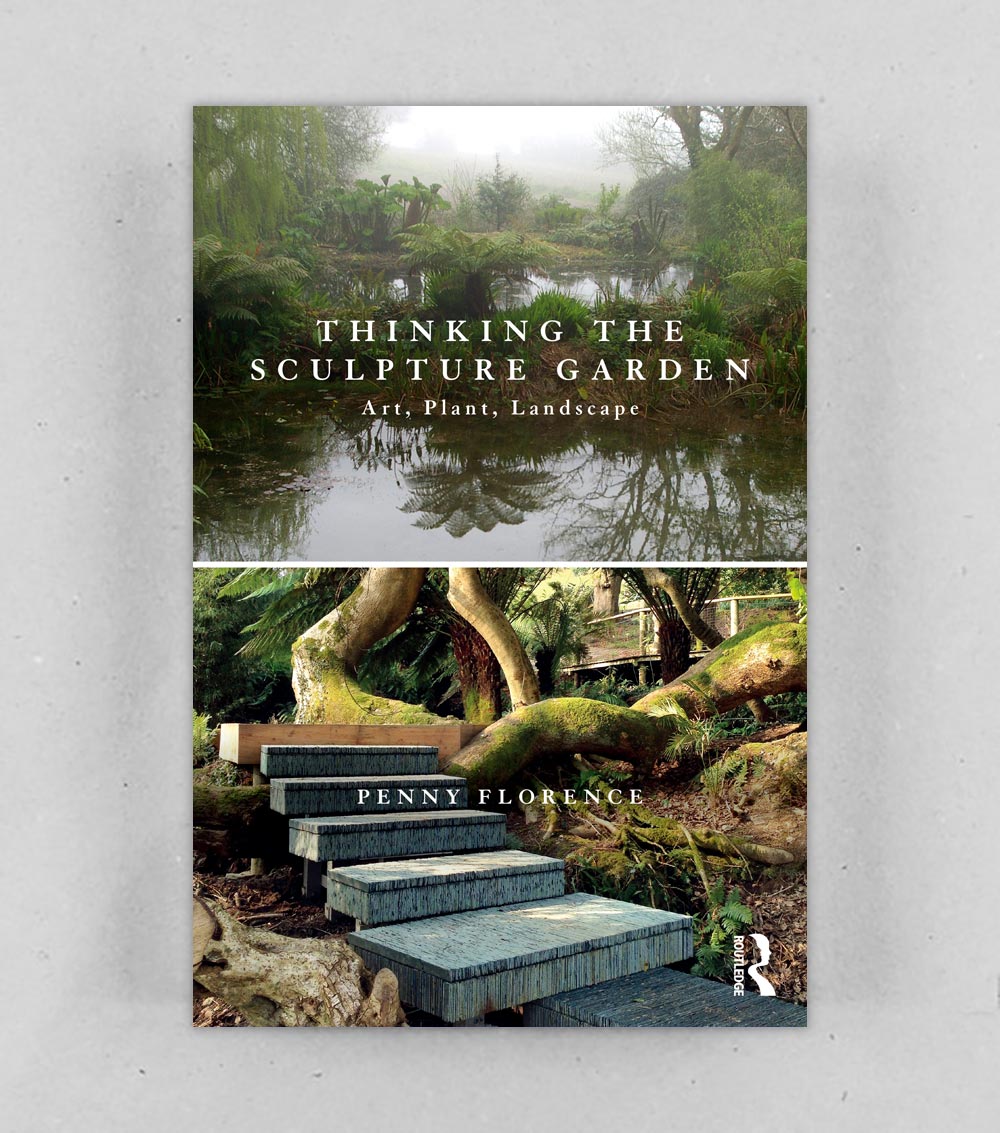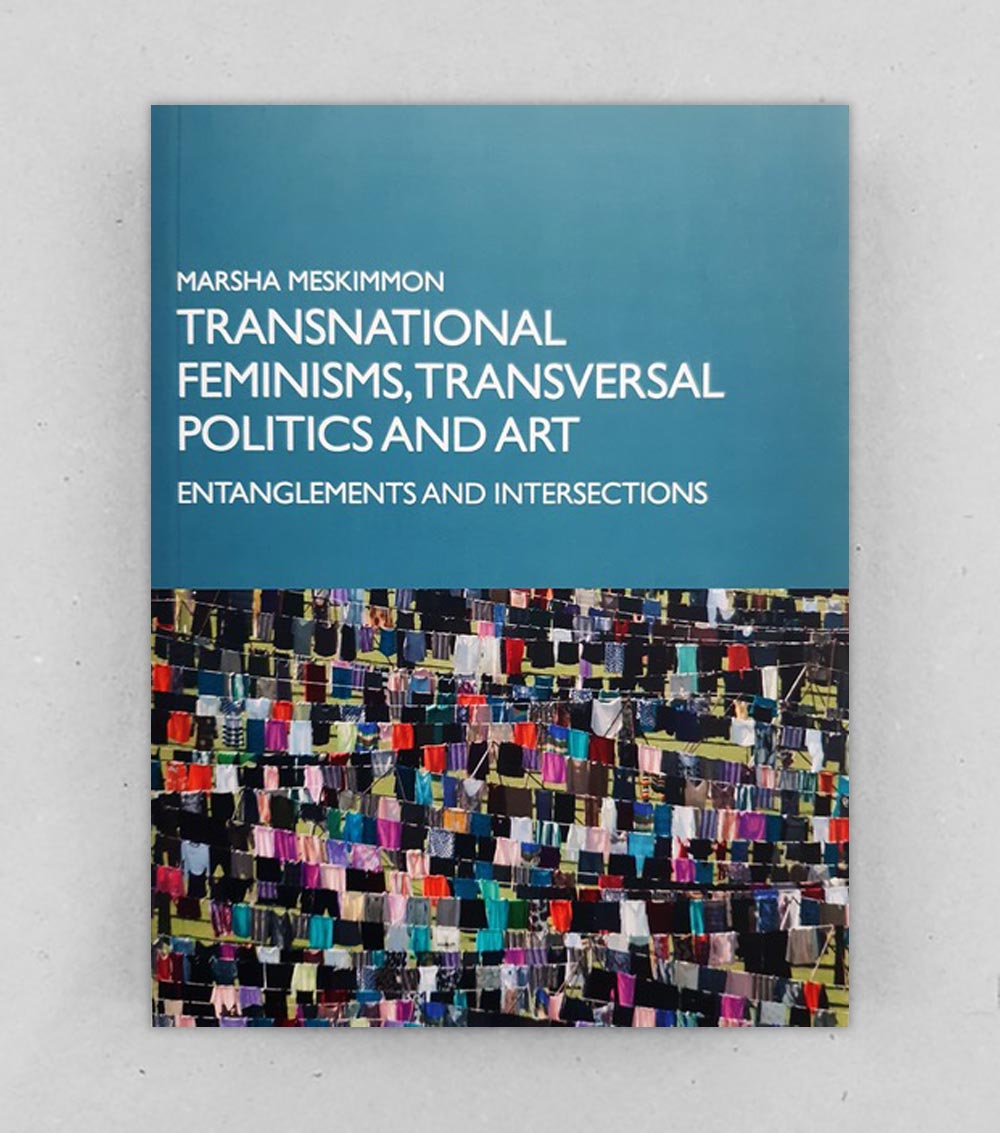- Login
Site-Reading Writing Quarterly
Reader’s Biography
I have never known what to say ‘I am’ in disciplinary terms, any more than in my life. Professor Emerita at The Slade School of Fine Art, UCL, yes, an interdisciplinary (undisciplined) maker, digital language artist, poet, filmmaker, yes, (but not ‘professional’), feminist, yes, profoundly, though I distrust ‘isms’. Everything I make or write concerns multivalency and how this works to shift boundaries and recalibrate meanings: to enable innovation. Supervising over 25 practice-based, transdisciplinary PhDs on cultural practices is a highlight of my academic work precisely because it is defined by innovation.
~
Reader’s Biography
I don’t read much fiction, but am captivated by the creative writing practices of feminist artists and theorists seeking to know and live differently with/in the world. For me, this is pleasure-reading; the work is smart, the arguments compelling, and the ideas life-changing. It is a reading that connects thinking with feeling. It can be elemental and tropic, like drawing breath or turning toward the light. Or it may be immersive and fluid, like being swept along a meandering river or drifting out to sea with a changing tide. For this reader, reading matters, reading makes sense.
~
Reader’s Abstract
The term ‘worldmaking’ emerges as first among equals of the practices advocated in this remarkable book. Through knowing practice – of thought, of social and political interaction, of art – the ‘entanglement’ of ‘epistemic communities’ with complex truths can be revealed. Art is not only the means of revelation; it is also integral to what is known to be true. By enabling the articulation and perception of experiences that are both located and fluid, specific and universal, the forms of art practice explored reach beyond the gallery or the installation and, crucially, capitalism and the failure of imagination on which it depends.
Reader’s Abstract
Thinking the Sculpture Garden is not a survey of sculpture walks or outdoor municipal and museum spaces showcasing sculptural works, but a demonstration of how writing otherwise with the trilogy of art, plant and landscape, can start a process of walking worlds into being. Florence tells in turns, a grounded tale of earth, enabling readers to sense the terrain at Tremenheere in Cornwall, and an ethereal tale of air, that opens this site to many and different spaces elsewhere in the world. The book is also a conversation that flows easily between diverse voices, varied fields and disciplines, as each attends to, cares for, and thinks, the interdependence of human and more-than-human ecologies at the turning point.

Penny Florence, Thinking the Sculpture Garden: Art, Plant, Landscape (London: Routledge, 2020)

Marsha Meskimmon, Transnational Feminisms, Transversal Politics and Art: Entanglements and Intersections (London: Routledge, 2020)
Writer/Editor’s Biography
Enabled by art, I felt an unbounded sense of possibility when I finally reinvented my life as feminist in the 1970s/80s. A growing body of feminist visual art and film had worked behind my defences until I could no longer deny that this truth was mine. No abstract space this, no gallery or cinema, no salve or escapism. It was a Movement, socially engaged, politically savvy and full of amazing women. I became a maker. My reading changed. Feminist SciFi (in Margaret Atwood’s brilliant term, ‘speculative fiction’) revealed new worlds. Yet engagement with grass roots activism and awareness of what Thatcher’s Right were doing still left me unprepared for the backlash and its triumph. ‘Worldmaking’ was in its infancy; transversal politics unformed, transnationality glimpsed, but dimly, ecological thought likewise.
~
Writer’s Biography
Weather permitting, I often write from my garden, seated in an old wooden summer-house built before my time. It is a like a small shed with lots of windows on three sides, tucked into a corner of the garden to yield a diagonal view. I vary my seat depending upon the light and which plants are visible. Birds come and go, insects buzz, scent hangs in the air. I drink tea and writing gradually emerges, not from nowhere, but entangled as part of this visceral and vivid somewhere.
~
Writer/Editor’s Abstract
What is a sculpture garden, and what happens when you give equal weight to the main elements of landscape, planting and artwork, so that they diffract, ever changing? Incorporating a central section of contributions from eminent thinkers and practitioners, the book traverses multiple ways of seeing and experiencing sculpture gardens, culminating in an exploration of their relevance as ‘cultural ecology’ in the context of globalisation, urbanisation and climate change. The thinking is non-dualist and broadly aligned with material feminisms to explore our place as humans in the non-human world on which we depend.
Writer’s Abstract
Transnational Feminisms, Transversal Politics and Art explores the significance of the visual arts to transnational feminist thought and activism, arguing that both create transformative possibilities for knowing, imagining and inhabiting – earthwide and otherwise. The book focuses on some of the central political challenges of our time, including decolonization, migration and the rise of new nationalisms, ecological destruction, sexual violence and war, to demonstrate how transnational feminisms and the arts can play a vital role in forging the epistemic communities and political solidarities needed to create social, economic and ecological justice on a world scale.
Transnational Feminisms, Transversal Politics and Art: Entanglements and Intersections, (London: Routledge, 2020) is vol. 1 in Transnational Feminisms and the Arts: A Trilogy.

Tim Shaw, Minotaur. 2008. 2mx2.5m approx on 1m square plinth. (Photo Neil Armstrong)

Caroline Winn, Lunch on the Grass (after Manet). 2017. Size variable, components 0.3×0.3m. Ceramic on 2m steel rods. (Photo Penny Florence)
About Issue 4
Reading Writing Quarterly celebrates reading and writing as situated practices, releasing a special pair of seasonal reviews four times a year.
Each solstice and equinox I invite writers to swap recently completed written works and to provide a situated ‘review’ of each other’s book. These acts of exchange open up ways of ‘reading writing’ differently, exploring the practice of ‘re-viewing’ from a situated perspective, generating spatial ways of reading and writing the genre and texture of the ‘critical review essay’ together, creating something far more entangled.
22 September 2020 sees the realise of the fourth episode of Reading Writing Quarterly, in which Marsha Meskimmon and Penny Florence hold a virtual dialogue about their two new books, Transnational Feminisms, Transversal Politics and Art: Entanglements and Intersections and Thinking the Sculpture Garden: Art, Plant, Landscape.
Talking across their two separate-yet-joined zoom frames their fascinating conversation stems from their shared interests in art, ecology and feminist politics. They exchange thoughts about the highly practical events, as well as conceptual concerns, that have informed the realisation of their book projects, as well as imagine together the alternative possibilities for economics, knowledge and life, that can be produced out of the challenges posed by COVID19 and the social-ecological crisis of which the virus is a symptom.
We also share new contributions to Critical Spatial Practice from Gini Lee and Hilary Powell, and to Site-Writing from Andrew David Lock.
If you would have a written work that you’ve recently completed and/or someone else’s work that you’d like to read, please get in touch – j.rendell@ucl.ac.uk


Anna Andersen reads Remote Practices: Architecture at a Distance edited by Matthew Mindrup and Lilian Chee (London: Lund Humphries, 2022)

Mary Modeen and Iain Biggs read Michael Hirschbichler’s Spirit Grounds (Verlag für moderne Kunst GmbH, 2022), a publication that accompanies an exhibition
Michael Hirschbichler reads Creative Engagements with Ecologies of Place: Geopoetics, Deep Mapping and Slow Residencies edited by Mary Modeen and Iain Biggs (Routledge, 2020)


MYCKET read Slow Spatial Reader, edited by Carolyn F. Strauss (Amsterdam: Valiz, 2021)
Carolyn F. Strauss reads When Walls Speak, edited by MYCKET, issue 13 of Girls Like Us (2021)






